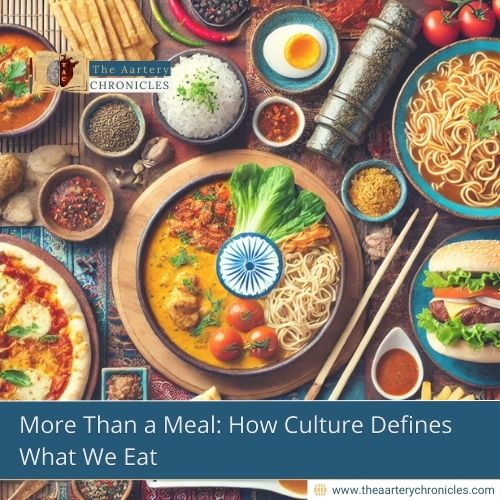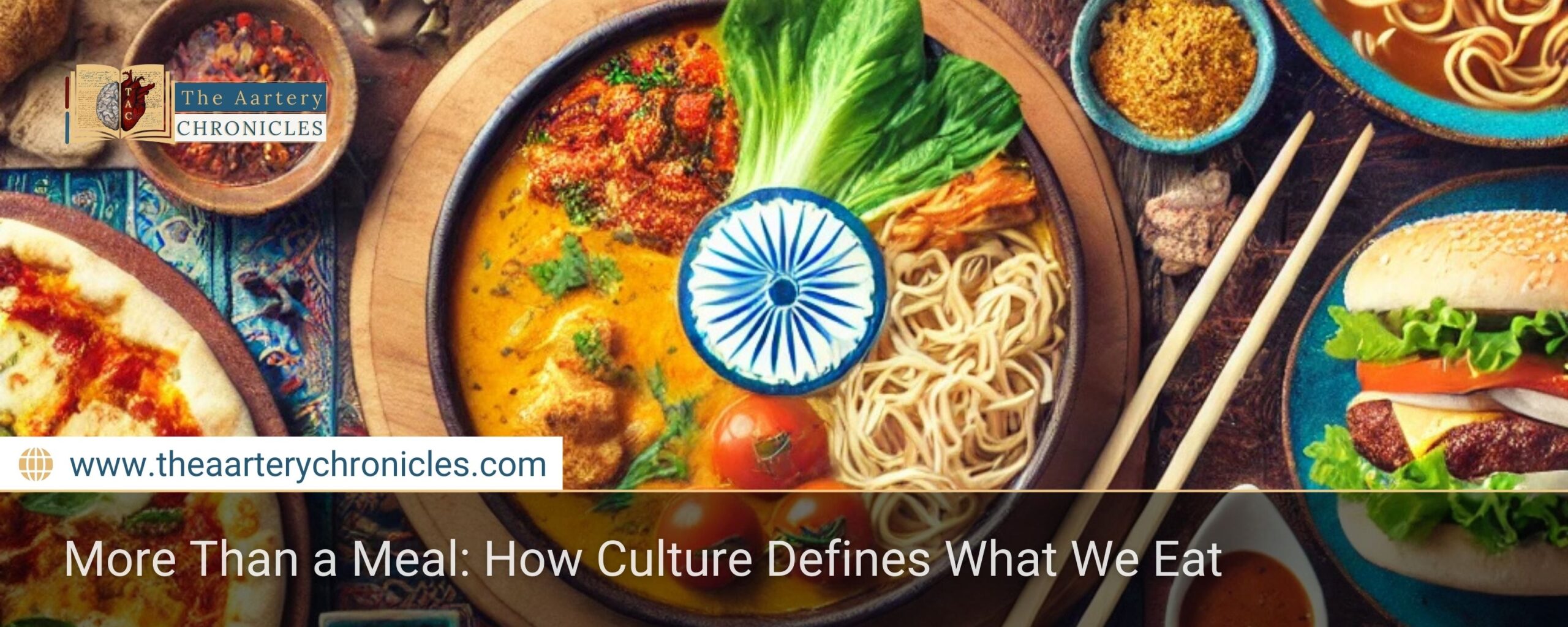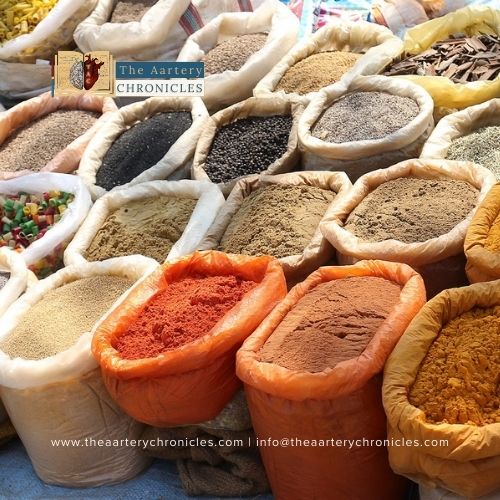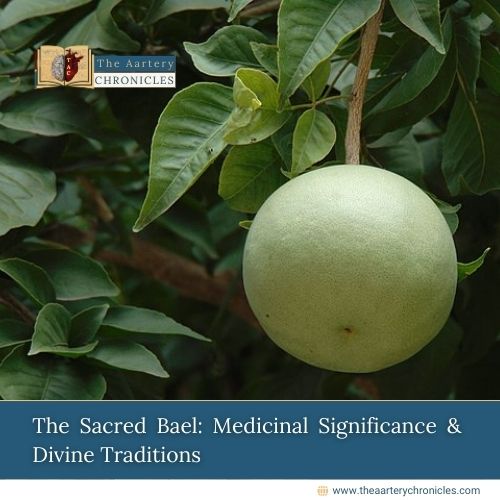

More Than a Meal: How Culture Defines What We Eat
Food is the tie that binds people together, irrespective of caste, creed or culture. Eating together is a great way to bond and learn about diverse cultures, cuisines and regions. Eating is like a festival for us, with a variety of dishes, rich in flavours and aromas. “We eat with our eyes first, then by our nose and then by our tongue”. It is important for a dish to be plated well, to smell divine and taste delicious.
As far as cultures are concerned, the same dish can be prepared in diverse ways, giving it a cultural twist. To cite an example: mashed potatoes. The western part of the globe makes mashed potatoes with nominal spices and eats them with bread. We, Indians, prepare mashed potatoes in butter with vegetables and plenty of spices and eat it with butter-toasted buns (pav). Cheese can be added if preferred. The taste of the mashed potatoes reflects the culture showing that the West prefer less spicy food as compared to the Indians who love spicy food.
Certain factors influence our food choices as far as culture is concerned.
- Tradition: The traditional recipes, method of cooking and time taken for preparation greatly influence any dish. There was no electricity in ancient times and therefore no electrical appliances. The spices were ground on a mortar-pestle and cooked over fire kilns. This was a time-consuming process. Cut to today, where we use electrical appliances like mixer-grinder, induction stove etc. to whip up the dish in a jiffy.
- Consumer: The person/s for whom we cook is also an important factor. In all cultures, love is the most important ingredient that we add to our dish. The happiness we feel while cooking and serving the dish to our loved ones is to be experienced.
- Cooks: The cooking methods have also changed. Previously it was just women who cooked as their husbands went to work. Now, some stay-at-home husbands cook so their wives can go to work. This shows a marked difference in their methods of cooking.
- Recipes: Our great, great-grandmothers had recipes that were passed down to us. Our love for food and cooking is also passed down from generations. In every family you will find that one great cook who uses these traditional recipes to this day, thereby keeping the culture and tradition alive. Learning about these new recipes teaches us about the diverse cultures and their cuisine.
- Experiences: The culinary experiences greatly shape the way the dish will be. For someone who makes a particular dish regularly, the taste of the dish is delicious every time. Whereas for someone preparing that dish for the first time, it may not taste as good as the one prepared by the experienced hand.
- Community meals: Many community kitchens prepare meals for thousands of people every day. The women and men work together thereby teaching each other their way of approaching meal preparation. Different approaches make the food preparation process interesting and intriguing.
- Change: We often prepare meals with a recipe that we learned and the results are great! This approach to learning new recipes makes us respect various cultures and traditions.
The various cultures have distinct eating styles too!
- In Japan, if you slurp your Ramen, it shows your appreciation for the dish. Whereas in the West, it is bad manners to slurp!
- In the West, spoons, forks and knives are used for eating. Whereas in India, we prefer to eat with our bare hands as it enhances the culinary experience.
Food is an acquired taste that is distinct to every individual. Some may like bitter gourd, whereas some may dislike it!
Our forefathers ate to survive whereas we live to eat. What with the array of fast food easily available, we eat because we have the means for it. Sadly, overeating happens only because varieties of food are easily available. Not because we are hungry!
Whatever your culture, whatever your tradition, eat in moderation! No culture wants us to gorge on food to the point of becoming obese. A healthy balanced diet will do wonders for us. That way we can enjoy different cuisines as well as not become overweight. Mindful portions are all that matter!
So eat mindfully and stay healthy.









